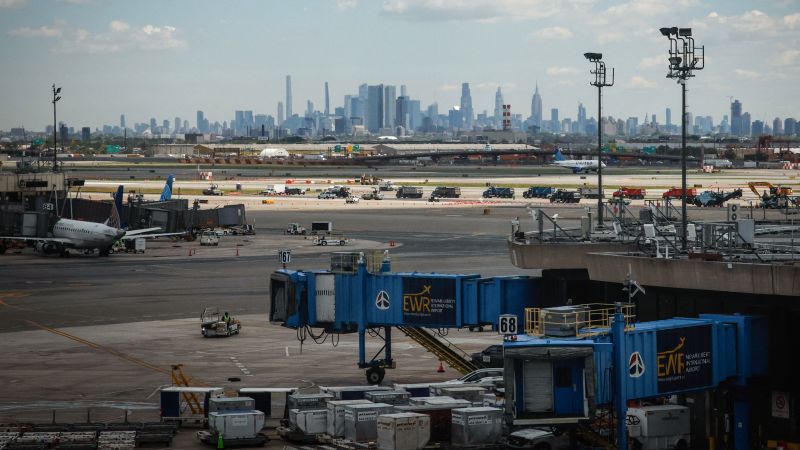
Investigation into FAA Facility Relocation at Newark Airport
Politics | 7/28/2025
The Department of Transportation’s inspector general has initiated an audit to investigate the recent relocation of the Federal Aviation Administration’s air traffic control facility overseeing flights at Newark Liberty International Airport. This move has been linked to the significant delays experienced by thousands of flights operating in and out of the airport. The audit aims to determine if the relocation of the FAA facility contributed to the disruptions in air traffic operations.
The decision to relocate the air traffic control facility that manages flights at Newark Airport has raised concerns among aviation experts and industry stakeholders. The investigation by the inspector general comes in response to mounting pressure to address the causes behind the delays that have impacted a substantial number of flights. The audit seeks to evaluate the impact of the FAA facility’s move on the efficiency and safety of air traffic control services at the airport.
Aviation analysts emphasize the importance of swiftly resolving the issues that have led to delays in flight operations at Newark Airport. The audit by the Department of Transportation’s inspector general underscores the critical need to assess the decision-making process that led to the relocation of the FAA air traffic control facility. Experts stress the significance of identifying any shortcomings or disruptions resulting from the facility’s move to ensure the smooth functioning of air traffic control operations.
A spokesperson for the Department of Transportation highlighted the agency’s commitment to conducting a thorough and objective audit to determine the factors contributing to the flight delays at Newark Airport. Additionally, industry stakeholders have expressed their anticipation for the audit findings, emphasizing the importance of addressing any potential issues promptly to prevent further disruptions to air travel. The investigation into the FAA facility relocation serves as a crucial step in identifying and rectifying the challenges impacting flight operations at one of the nation’s busiest airports.


